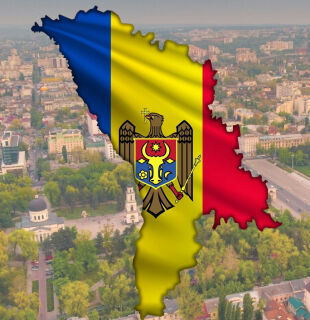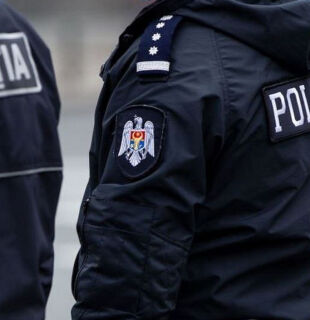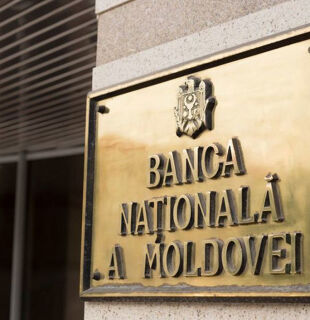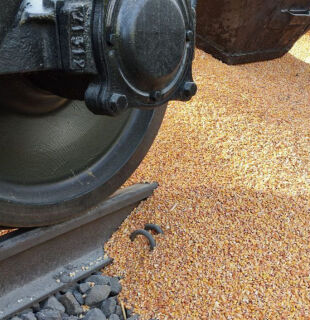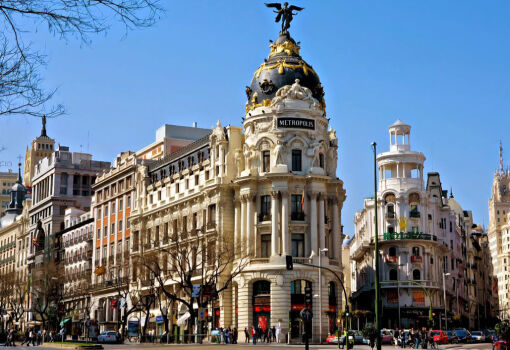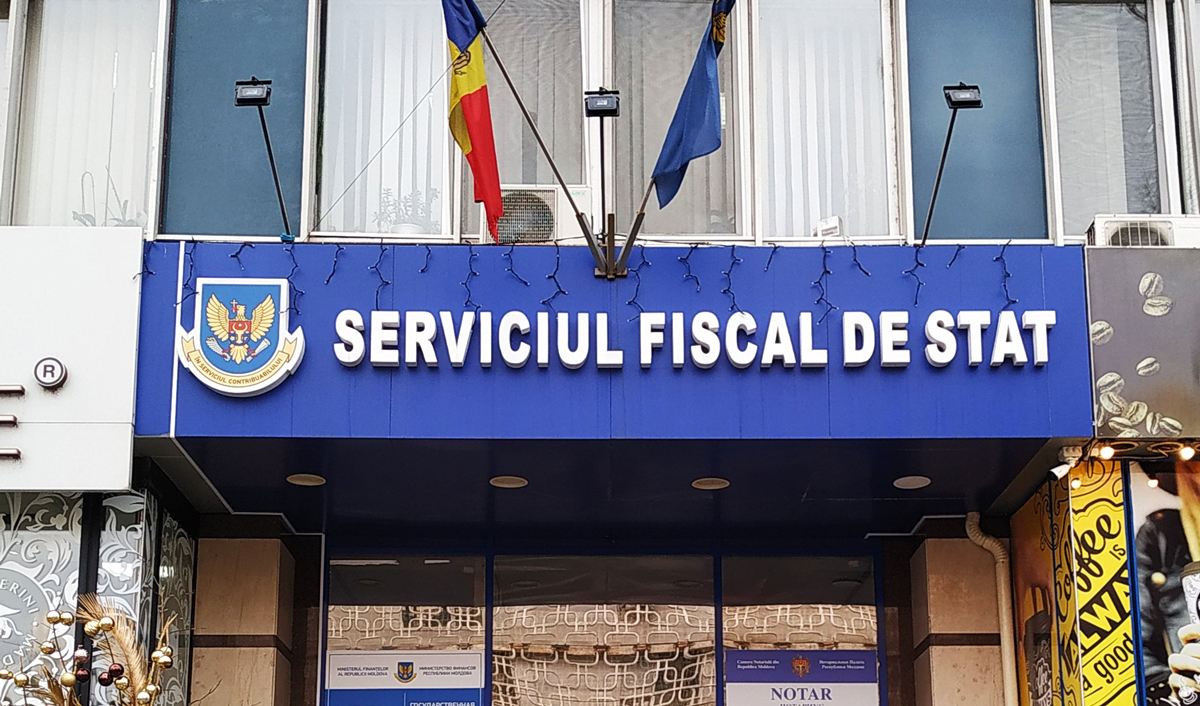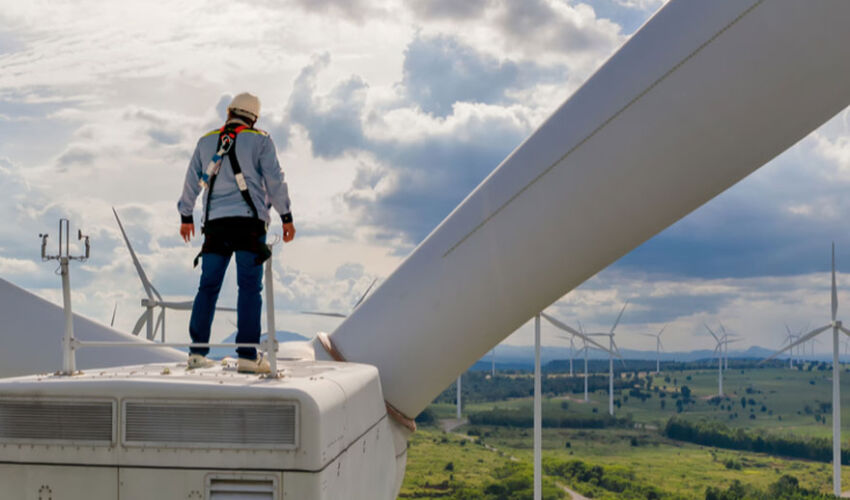
The two-day event included intensive interaction, debates and discussions. The first day focused on Moldova’s climate policy, engaging civil society, raising awareness and shaping public opinion on climate action. On the second day, summit participants developed project ideas and forged new partnerships across sectors.
In his welcoming remarks, Søren Jensen, Danish Ambassador to Chisinau, said, “As Moldova moves towards EU membership, alignment with environmental sustainability, energy efficiency and green growth standards is important. This process facilitates the transition to cleaner and more efficient technologies that will reduce energy consumption, energy costs for businesses and households, and carbon dioxide emissions. Thus, by investing in renewable energy sources such as wind, solar, biomass, and improving energy efficiency, Moldova can reduce its dependence on foreign energy imports and increase its energy independence and security, reducing vulnerability in light of the current geopolitical challenges we face.”
The first session of the summit was dedicated to analyzing the current situation, progress and challenges in the field of green and equitable transition of the Republic of Moldova, with a focus on certain national contributions. According to Grigori Stratulat, State Secretary of the Ministry of Environment, Moldova’s goal is to reduce greenhouse gas emissions by 71% by 2030 compared to 1990, and by 75% by 2035. The most ambitious goal is to achieve climate neutrality by 2050, which requires significant investment, two-thirds of which will come from the private sector.
Participants gained a clear understanding of the country’s current status and priorities, and learned about projects currently underway and planned at government, bilateral and multilateral levels. Carolina Novak, State Secretary of the Ministry of Energy, presented the launch of the Residential Energy Efficiency Fund, the first financial mechanism of its kind in Moldova, which provides concrete solutions for renovating and improving the energy efficiency of residential buildings, including apartment buildings and individual houses. The fund is an example of blended finance, combining grants and loans to support citizens in the transition to more efficient and sustainable energy.
The summit also touched on the role of the media in advancing the environmental agenda, including best practices in investigative journalism and the need for information campaigns in this area.
